Analysis of VPN Technologies and Security Issues - MN610 Assignment 1
VerifiedAdded on 2023/06/01
|8
|472
|400
Report
AI Summary
This report provides an analysis of Virtual Private Network (VPN) technologies, highlighting their significance in contemporary organizations while also addressing security concerns. It discusses the limitations of legacy VPNs, such as lack of reliability, slower speeds, and security vulnerabilities. The report further explores solutions to these limitations, including the use of P2P servers, double VPN technology, SSTP protocols, and Tor technology. It concludes that while legacy VPNs have drawbacks, these can be mitigated with the presented solutions, and future VPNs will focus on multi-factor authentication, automation, advanced firewalls, and enhanced security measures. Desklib offers a range of resources, including solved assignments and past papers, for students studying VPN technologies and network security.
1 out of 8
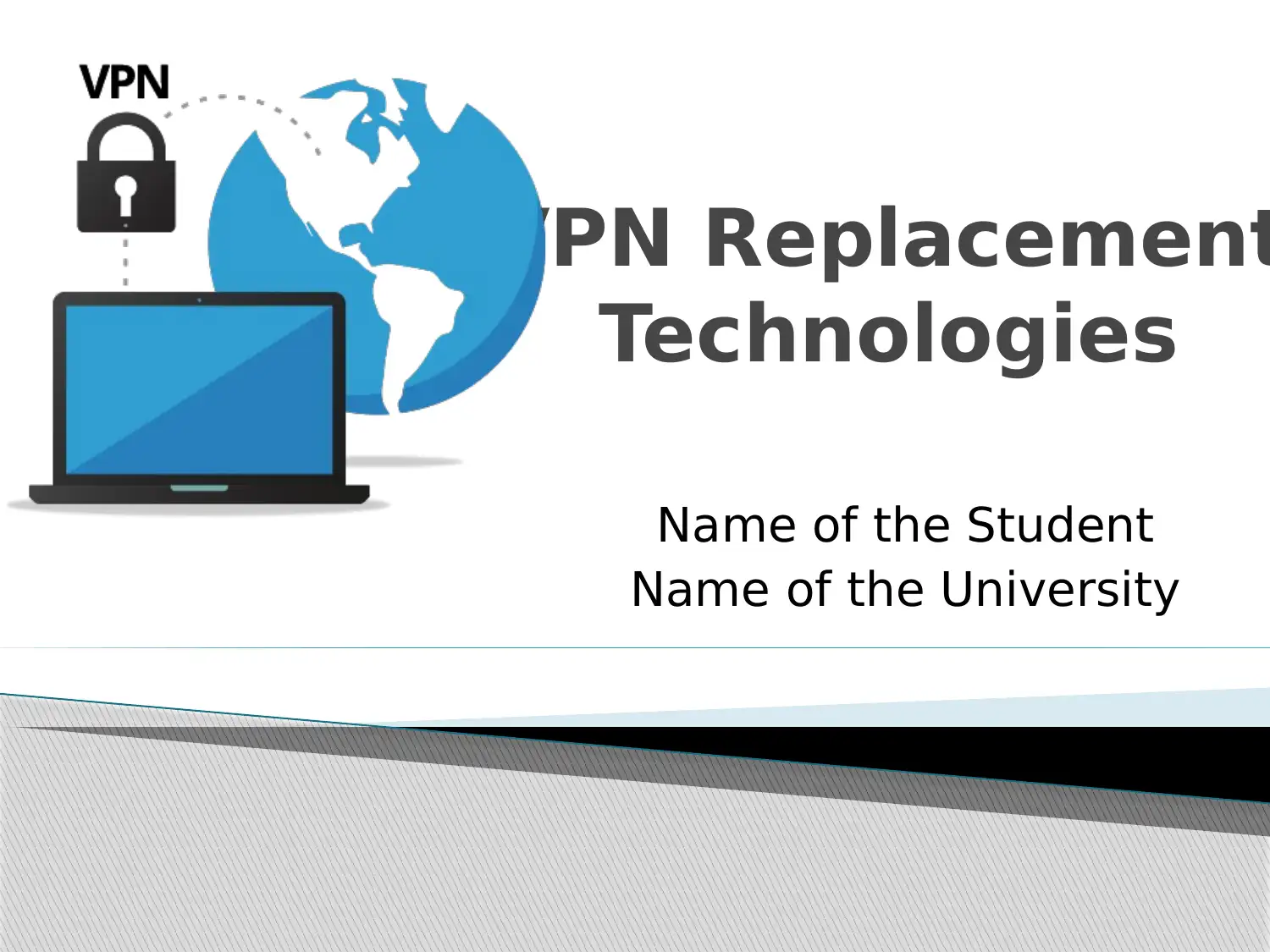
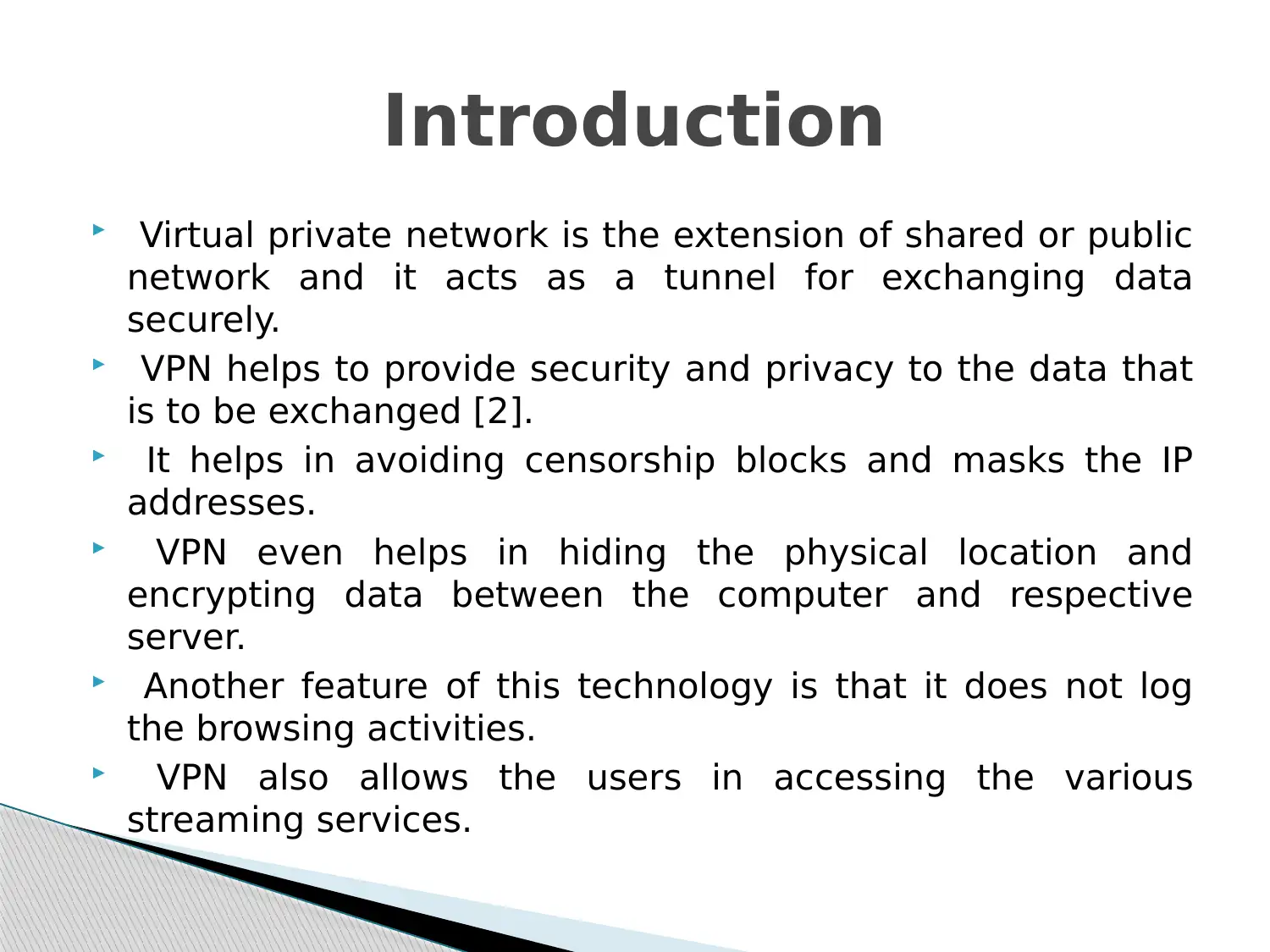
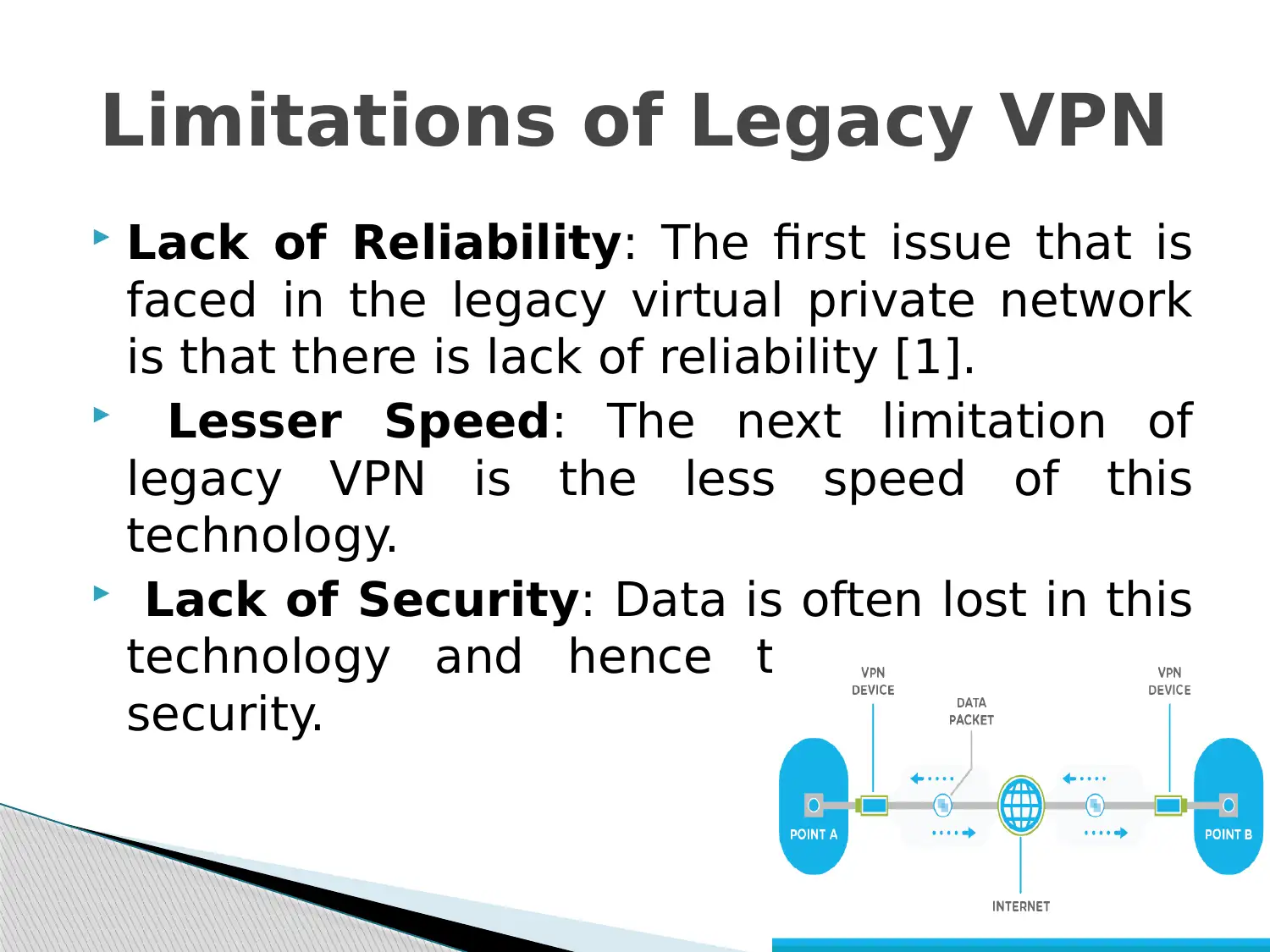

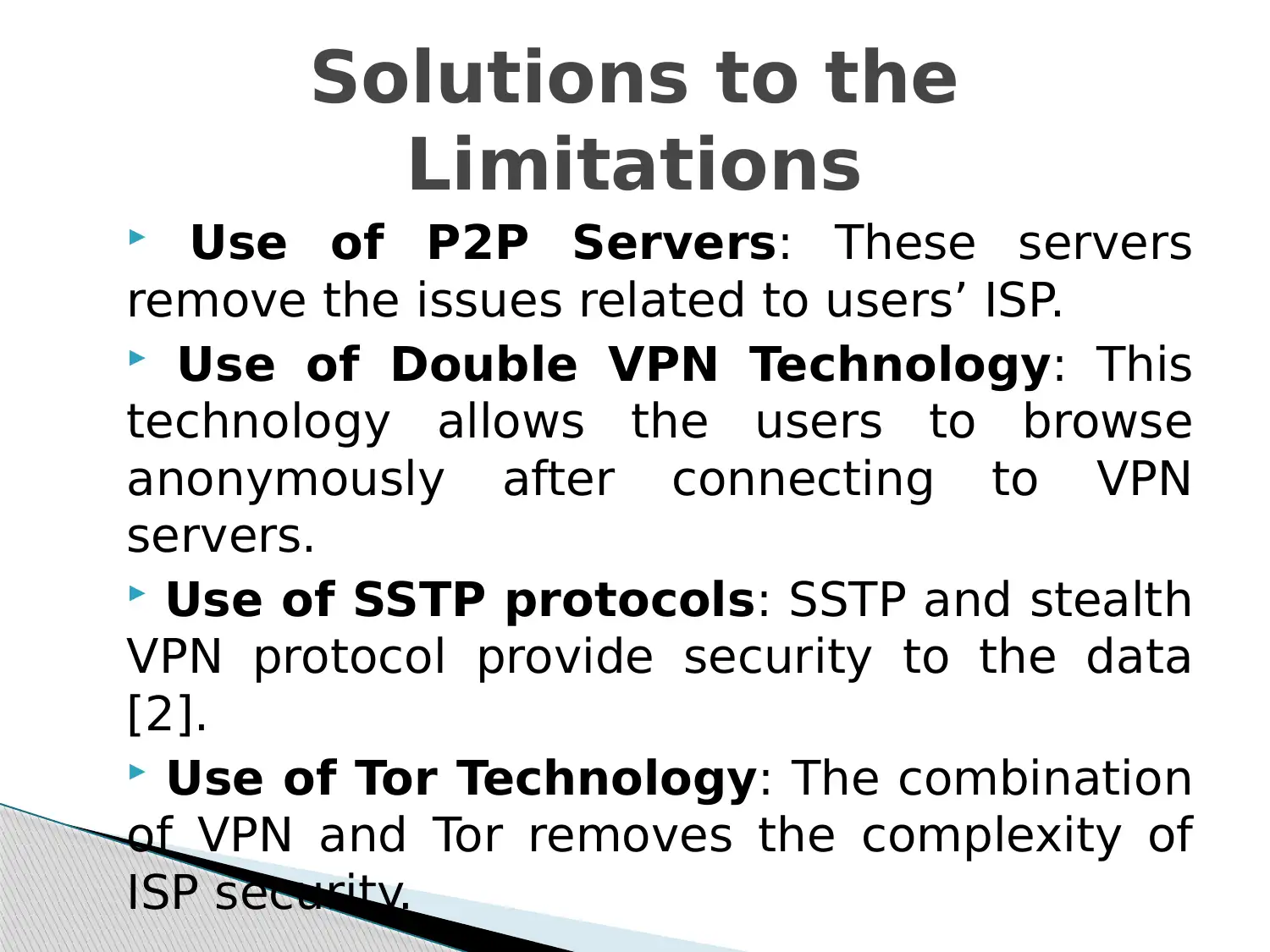
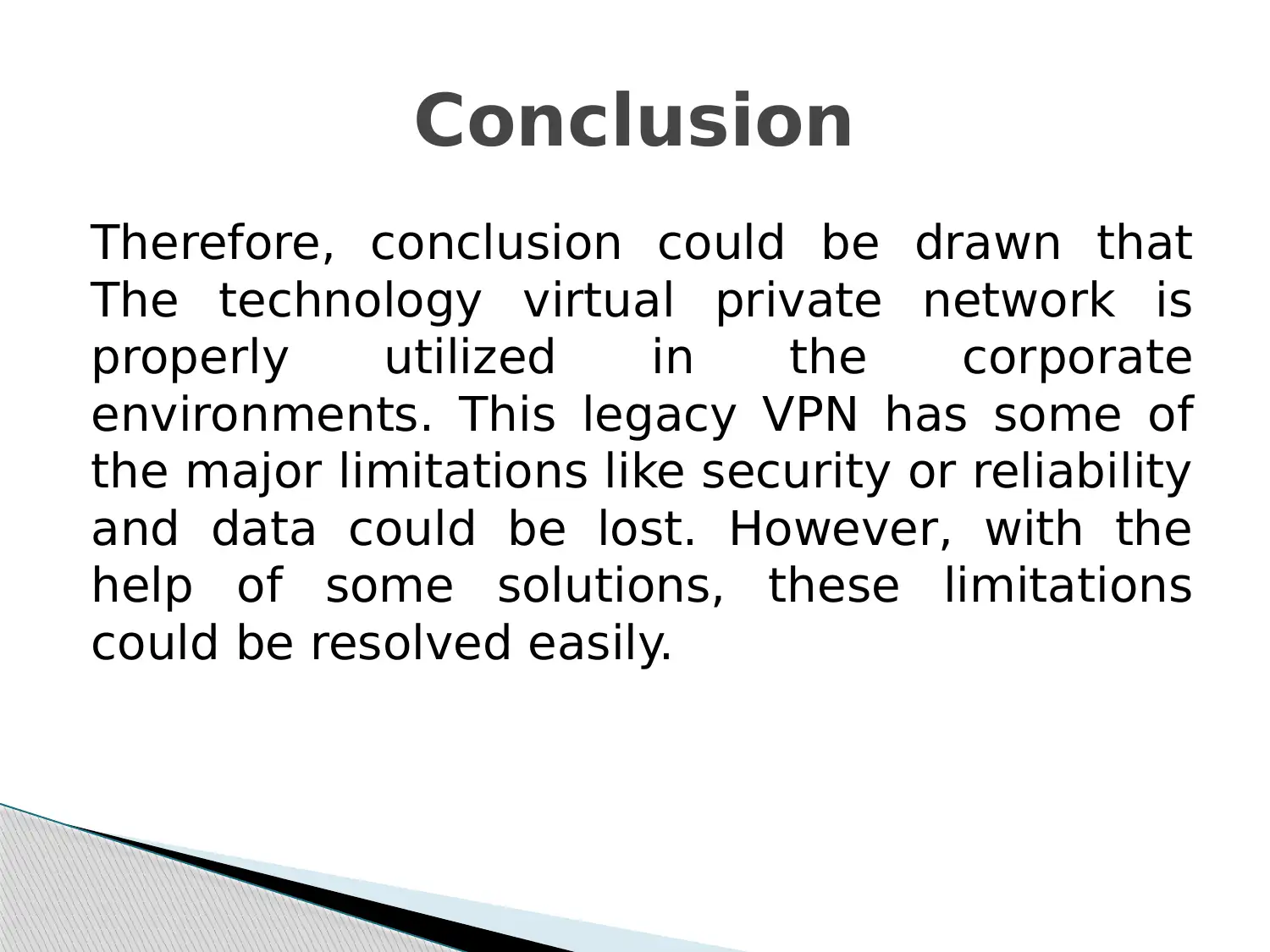

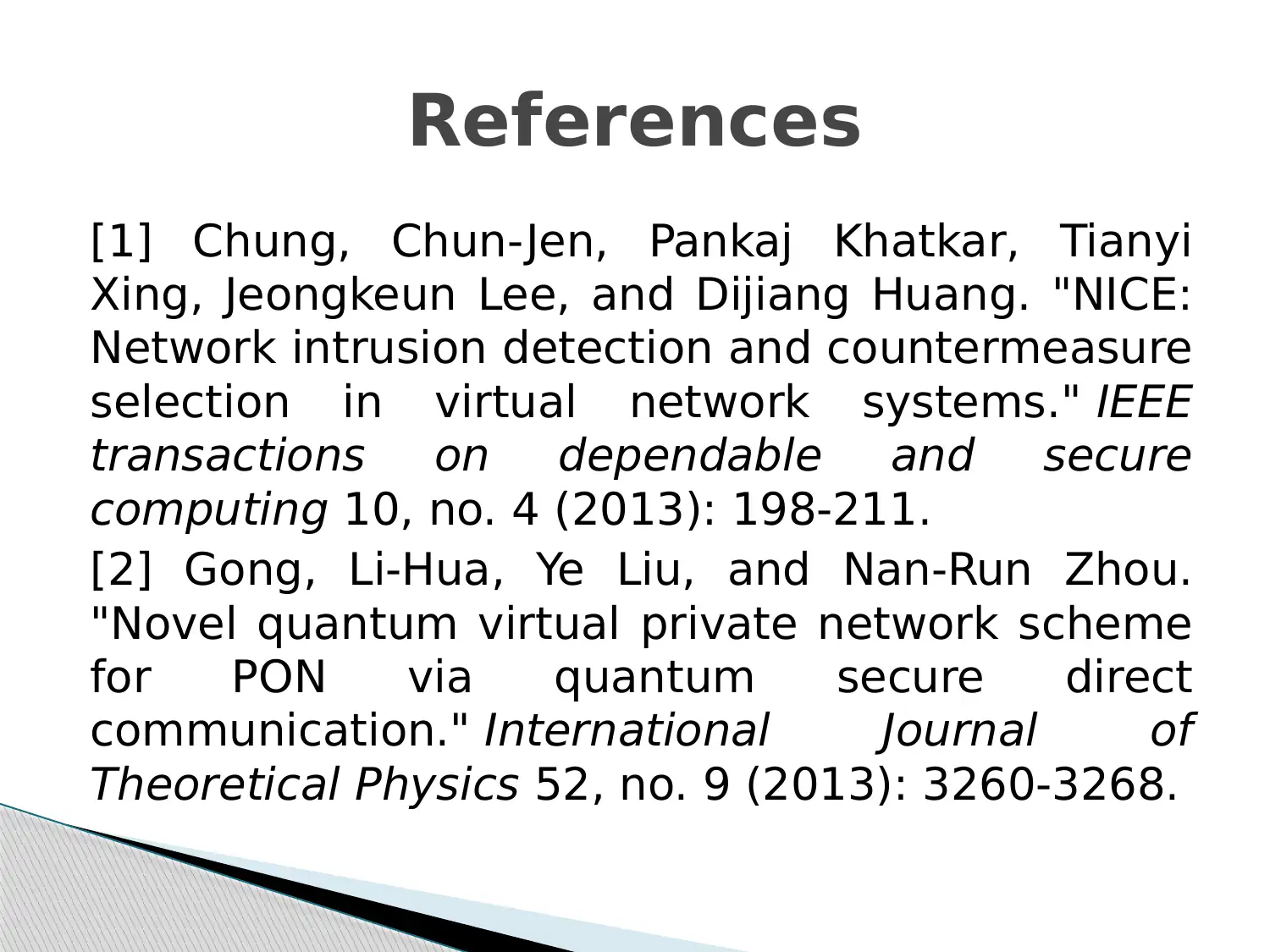







![[object Object]](/_next/static/media/star-bottom.7253800d.svg)